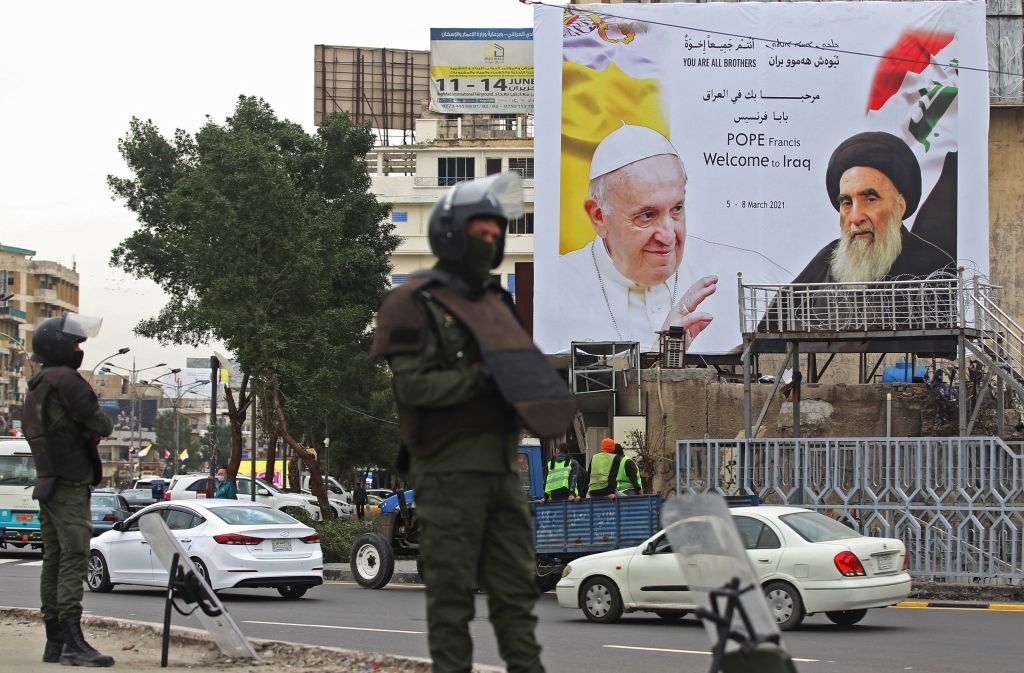Debate in Iranian Circles
by Amir Taheri • March 21st
"Muslims do not want democracy. Anyone who says democratic republic is an enemy of Islam. All our miseries are caused by those who demand freedom. They want to build a Western society for Muslims in which you are free and independent but without a God, a prophet, or Imam. Without prayers and without martyrdom which is the highest goal for us." — Ayatollah Ruhollah Khomeini, 1980.
In other words, One God does not mean One Leader or one party or one policy. Such a claim would be a form of "sherk" or associating others with God's One-ness.
Ayatollah Khamenei also misunderstands the concept of tawasi (recommendation or injunction). Contrary to what he imagines, it doesn't mean propaganda forced down people's throats by a totalitarian state. All it means is giving advice, offering alternative readings of issues, gently guiding fellow-believers toward the right path without sending General Soleimani with a machine-gun in one hand and a Samsonite full of dollars in the other.

Earlier this month when he set out for a visit to Iraq, Pope Francis could not have imagined that his excursion might trigger the law of unintended consequences. But in at least one instance it did just that.
The Pope's brief tête-à-tête with Grand Ayatollah Ali-Mohammad Sistani in Najaf opened a wide-ranging debate about the nature and future of Shiite Islam. The fact that the Pope called on Sistani at the latter's home clearly irritated the Khomeinist circles in Tehran. Their irritation morphed into thinly disguised rage when the Vatican described Sistani as "spiritual leader of the Shiite community."

No comments:
Post a Comment